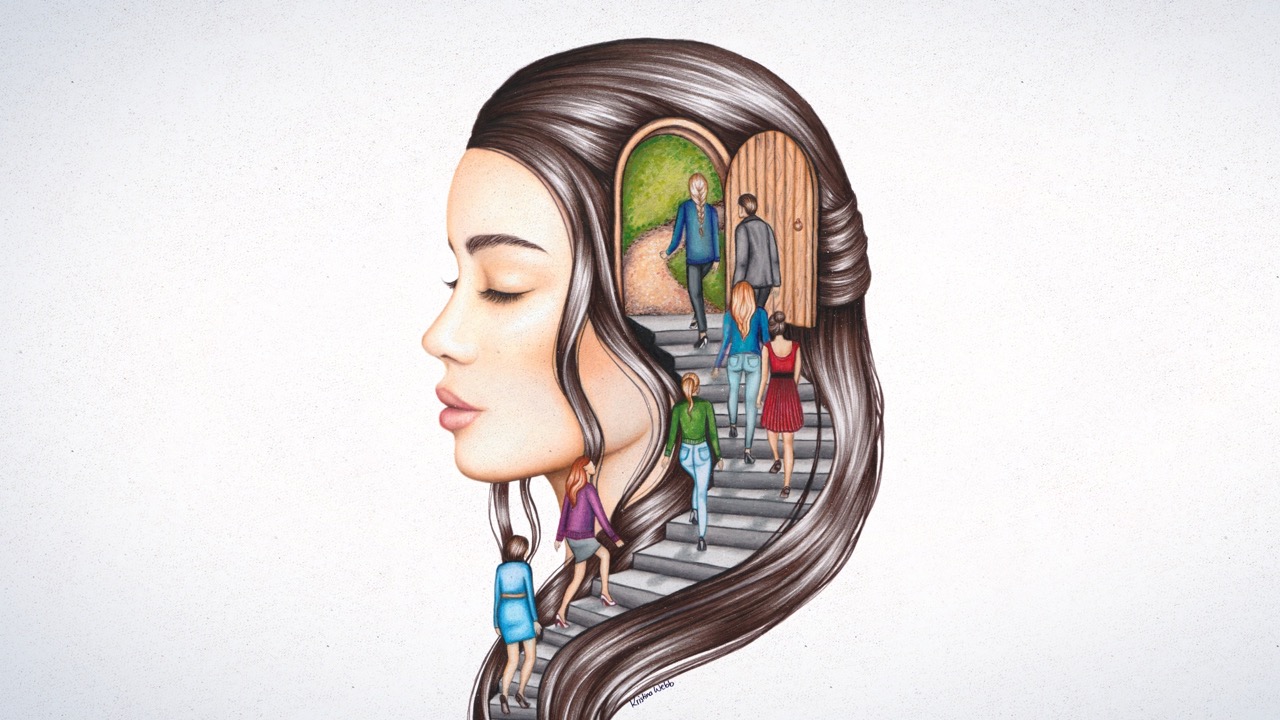Augusto creates social impact with new projects including confronting web series ‘Jessica’s Tree’

Motivated to do something to highlight and change New Zealand’s alarming suicide statistics, Auckland creative agency Augusto has tackled the issue head on in two new film projects.
The Augusto-produced ‘Jessica’s Tree’ launched on NZME’s online channel mid-March, while the film ‘The Girl on the Bridge’ is in production, due for completion in late 2019.
Already viewed by more than 200,000 people on the New Zealand Herald website and YouTube, ‘Jessica’s Tree’ is a web series about suicide and mental health. It tells the true story of Jess, a teenager who took her own life, and is a revealing and personal view of what it is like to be suicidal.
Filmmaker Jazz Thornton, a friend of Jess’s, directed the series. Thornton too has been suicidal at times in her life and it’s her first-hand perspective that resonates through the 45 minutes of provocative and at times, raw storytelling.
In 2017 Thornton pitched her documentary idea to a panel that included Augusto executive producer Cass Avery.
Says Avery: “From the beginning I knew this was an important project and got right behind it.
“Social advocacy is one way we can connect with audiences to provoke thought, emotions and change. Our intention with Jessica’s Tree was to change people’s perceptions of suicide, change the views of people who are suicidal, and change the dialogue about suicide.
“We are really proud that this is the first New Zealand film that tries to explains suicide through the lens of a generation who can’t escape the hard truth – that suicide effects many teens, either because they are suicidal themselves or because they know someone their age who is suicidal or has committed suicide. The other truth is that teens are struggling to talk to their parents about this issue, because stigmas still exist and there is often a lack of genuine understanding.”
Jessica’s Tree and The Girl on the Bridge intend to bridge the gap between generations, and Avery says their different viewing platforms reflect how the entertainment industry is now reaching different audiences in different ways.
The web series features Jess’s parents, who bravely share how they dealt with Jess’s mental health issues and her death.
Says Avery: “In Jessica’s Tree, Jazz wanted to tell Jess’s story to open up multi-generational conversations about how to help people living with mental health issues. It’s a rich tapestry of two threads carefully woven together: one is Jazz’s thread and she’s still here, and the other is Jess’s thread and she isn’t. The series balances tragedy and hope, and helps the viewer to understand how they may be able to help save a life.”
The five-part series has resonated globally, with Jazz accepting an invitation to Kensington Palace in London this week to discuss with officials how to change the tide in mental health. It has also won a Storytelling Award at the socially conscious A Show for a Change film festival in the US this month.
The Girl on a Bridge will tell Thornton’s story. Funded by the New Zealand Film Commission and co-produced by Alex Reed, it tracks the life of Thornton as she went about directing Jessica’s Tree.
Avery says both projects have been made with close consultation with multiple agencies including the Ministry of Health, Department of Justice, Lifeline and the Mental Health Foundation.
While Augusto may be well known for its commercial projects and content creation, the agency also has a strong commitment to influencing social change, making films that tell real stories.
Says Avery: “’Chasing Great, the Richie McCaw Story’ is an example of this, a project that we hoped would reveal how human beings are capable of great things through exploring the power of the mind.”
She says there has never been a better moment in New Zealand to tell these stories, but they must have the “right hands” to hold them to become more than what is simply written on a page.
Adds Avery: “While it may be confronting for some, we need to create a place where people who are suicidal can come and ask for help. It’s our duty to give them the right to speak up. And it’s working. We have already received emotional and gut-wrenching feedback from teens and parents, including some who have said Jessica’s Tree saved their child’s life, and others who have said it saved their own life.”
